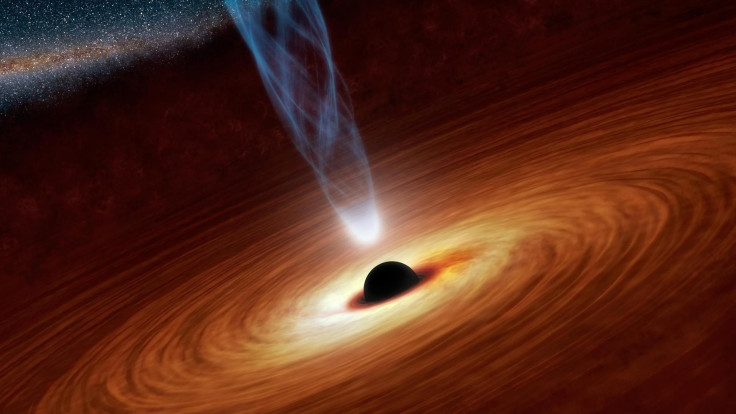What Will Black Holes Do At The End Of The Universe?

When the universe comes to an end and everything we knew and loved is gone, black holes will haunt the dark sky as they slowly fade to nothing themselves. And that’s a problem.
Kurzgesagt explains that the eventual disappearance of black holes is at the center of an “information paradox” — our knowledge of physics tells us that information cannot be lost, but the death of a black hole would take information with it into the great nothingness.
This isn’t the kind of information like what year the ancient Romans conquered Britain or other facts in an encyclopedia. It’s information about the matter in the universe, particularly how different atoms come together in different structures to form different things.
“Without information everything in the universe would be the same,” educational YouTube channel Kurzgesagt says.
That’s because we are all made up of the same elements, from dirt and air to elephants and humans to stars and planets. It’s how the raw materials, the atoms, are sculpted together that counts.
But black holes eat up that information about different objects when they consume them. And when they disappear, they will be taking all that information with them.
It happens slowly, but black holes “radiate their mass away like a hot pot on a stove losing its water as steam,” the video says. It takes a black hole with the same mass as our sun “10,000 billion billion billion billion billion billion years to lose 0.0000001 percent of its mass.”
Unless scientists can figure out how to explain this information paradox within the bounds of our current knowledge of physics, we may have to go back to the drawing board, striking everything that has defined our universe for years.
“It’s strange and complicated and we have to do a lot more physics to understand it,” Kurzgesagt says. “But black holes might be key to understanding the nature of reality itself.”
© Copyright IBTimes 2024. All rights reserved.











